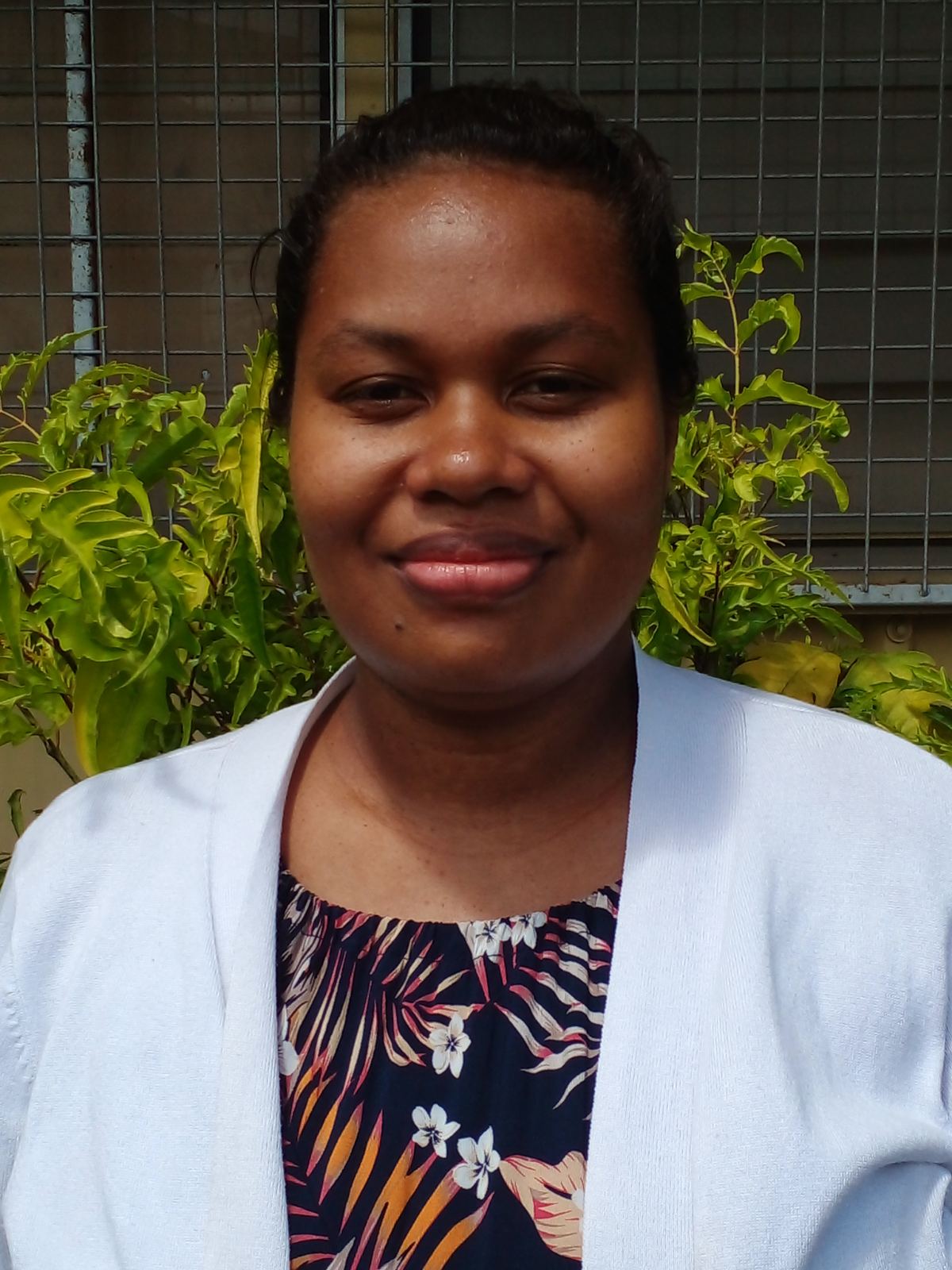Related News

The Gender and Environment course (GN402) is the Pacific’s very first course that examines gender equality and social inclusion within the context of fisheries and aquaculture and the environment. In alignment with the PEUMP Programme’s key principle, mainstreaming of human rights and gender equality through a human rights-based approach, the Gender, and Environment course provides a forum for the critical examination and understanding of how gender plays out in environmental issues, with a focus on the Pacific Island countries. The course provides students with a holistic view of gender and environmental issues through an integrated approach that acknowledges the cross-cutting nature of gender concepts.
To mark this milestone, USP PEUMP reached out to several of the first cohorts that successfully registered and completed this course in Semester 1, 2022. This is Moana’s story.
USP is one of four key implementing partners of the PEUMP Programme, an initiative funded by the European Union and the Government of Sweden. The overall EUR 45 million Programme promotes sustainable management and sound ocean governance for food security and economic growth while addressing climate change resilience and conservation of marine biodiversity. It follows a comprehensive approach, integrating issues related to ocean fisheries, coastal fisheries, community development, marine conservation and capacity building under one single regional action.
My name is Miriama Blakelock and I am from Naivakarauniniu, Sanima, Kadavu. I hold a BA in Environmental Studies from the University of the South Pacific (USP) and had set my sights on pursuing a Post Graduate in Climate Change for further studies. The switch to the Gender field was made after realizing that it was an untapped one with a lot of potential.
I was part of the 2019 Post Graduate Certificate cohort and at the time, had no idea that there were plans underway for a course that would merge Gender and Environment. When Dr Calabrò approached me to provide a comment showing my interest in the course, I did so willingly because it made perfect sense to take up a course that would link my undergraduate studies with my postgraduate.
There are more ways than one in which this course has contributed to my understanding of feminist theory and research in general. In particular though, the standpoint theory has become my go-to approach mainly because it considers the knowledge of marginalized groups – that which is often left out of dominant discourses and practices of development. Simply put, this could mean the failure to incorporate/consider gendered traditional environmental knowledge in policy and practice. To tie this back to gender equality, it’s all about ensuring that we’re listening to and documenting women’s voices as much as we’re doing men’s, so that the end result comes back full circle. Success comes when we see that the concerns raised by both men and women have been actioned.
It begins with knowledge sharing, strictly from a community development worker’s perspective. I need to be sharing my learnings with my colleagues as well as the communities and stakeholders that I engage with. What’s more important however is using the right kind of language with which to communicate/ transfer knowledge to ensure that it is fully understood by the different types of audience. When this is accomplished, we should have a shared vision from grassroots level right to the national level that should allow us to work collaboratively by devising solutions that actually work.
Indeed, it has. Apart from the fact that it’s made me more aware of the social dimensions and dynamics associated with NRM, the course has further enhanced my understanding of unconscious bias held by both men and women and how this may play out within the same context. In the process of unpacking this concept, women’s visibility in terms of their role in the fisheries, aquaculture and other environmental sectors is increased.
Gender equality – simple but not easy. What we need to recognize is the value that men and women bring to the table, be it in a professional/ personal setting. Ideally, equality should be achieved not through “who can do what better”, but through humility and mutual understanding that our roles are complementary, requiring a give and take on both sides.
I would highly recommend this course for development practitioners and professionals working within the NRM field, regardless of whether or not gender equality and social inclusion (GESI) is at the heart of their programming. The use of a gender lens provides an alternative way of knowing, contributing to existing body of knowledge by providing more meaningful insights on how we act and interact as social beings. This in turn will make for a more holistic approach towards solution-finding.